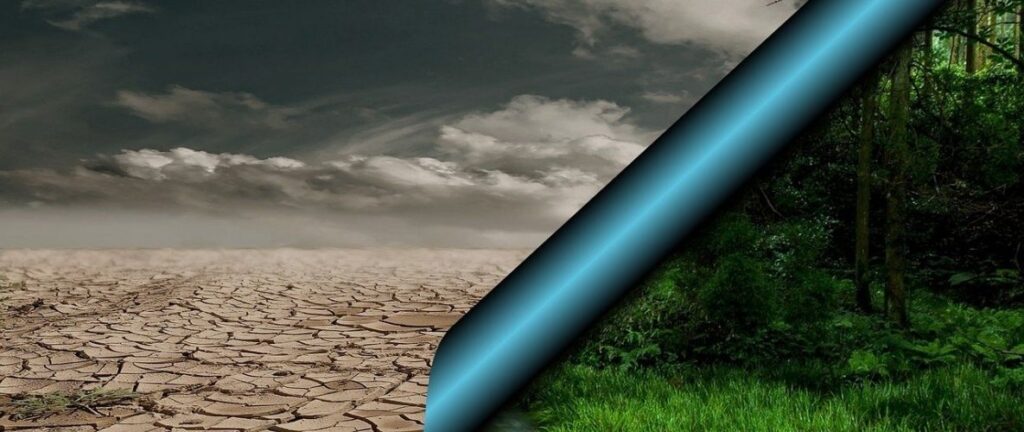Climate Change and People’s Health

Climate Change and Health, Infectious Diseases Will Boom
Dengue fever and malaria will expand their range due to climate change!
Infectious diseases will spread over larger areas already in the near future. And over the past 5 years, we have been gambling on previous advances to mitigate the impact of climate change on health. In fact, all the indicators this year are negative. In the year of Covid, the new edition of Lancet’s Countdown on Health and Climate Change 2020 report presents a bleak future across the board.
The climate crisis is creating favorable conditions for the spread of deadly infectious diseases such as dengue fever and malaria , says the report to which 35 of the main UN agencies and the most important research institutes in the world have contributed. Between 2015 (year of the first edition of the report) and 2019, eligibility for malaria transmission in mountainous areas was 38.7% higher on the African continent than the reference values of the 1950s. And even 149.7% higher in the Western Pacific region.
All the Impacts of Climate Change on Health
Alarm also regarding zoonoses, diseases that make the leap of species from animals to humans such as Covid-19. Climate change and its drivers, especially urbanization and intensive agriculture, tend to invade wildlife habitats. Thus they favor the passage of pathogens from animals to humans. This is revealed by the indicators considered under the chapter on impacts, exposure and vulnerability to climate change.

With regard to these indicators – in total more than 40 are considered – the report underlines that for the first time, in 2020, no one is signaling a positive trend. And it accompanies the data with a consideration on the emergence of a profound issue of climate justice: the effects of climate change monitored by the report are unequal and have a disproportionate impact on the populations that have contributed less to the problem. In addition, the authors note that climate change tends to interact (and aggravate) social and economic inequalities within the same country and between states.
Over the past 20 years, there has been a 53.7% increase in heat-related mortality in over 65s, for a total of nearly 300,000 deaths in 2018. The report then tries to ‘monetise’ the cost of these losses in terms of lost work capacity. In this perspective, India and Indonesia were among the most affected countries, with losses equal to 4-6% of their annual GDP. In Europe in 2018, this cost was equal to 1.2% of the regional gross national income or the average income of 11 million European citizens.
Between 2015 and 2020, climate change caused 76 between floods, droughts, storms and other temperature anomalies. In 67% of global cities, climate change in the near future will seriously compromise resources and infrastructures for public health. The Health and Climate Change 2020 report then analyzes downstream effects, which impact wider environmental systems and which in turn harm human health. Like global food security, which is threatened by rising temperatures and increasing the frequency of extreme events. Here the authors note that the global yield potential for major crops decreased by 1.8-5.6% between 1981 and 2019.

